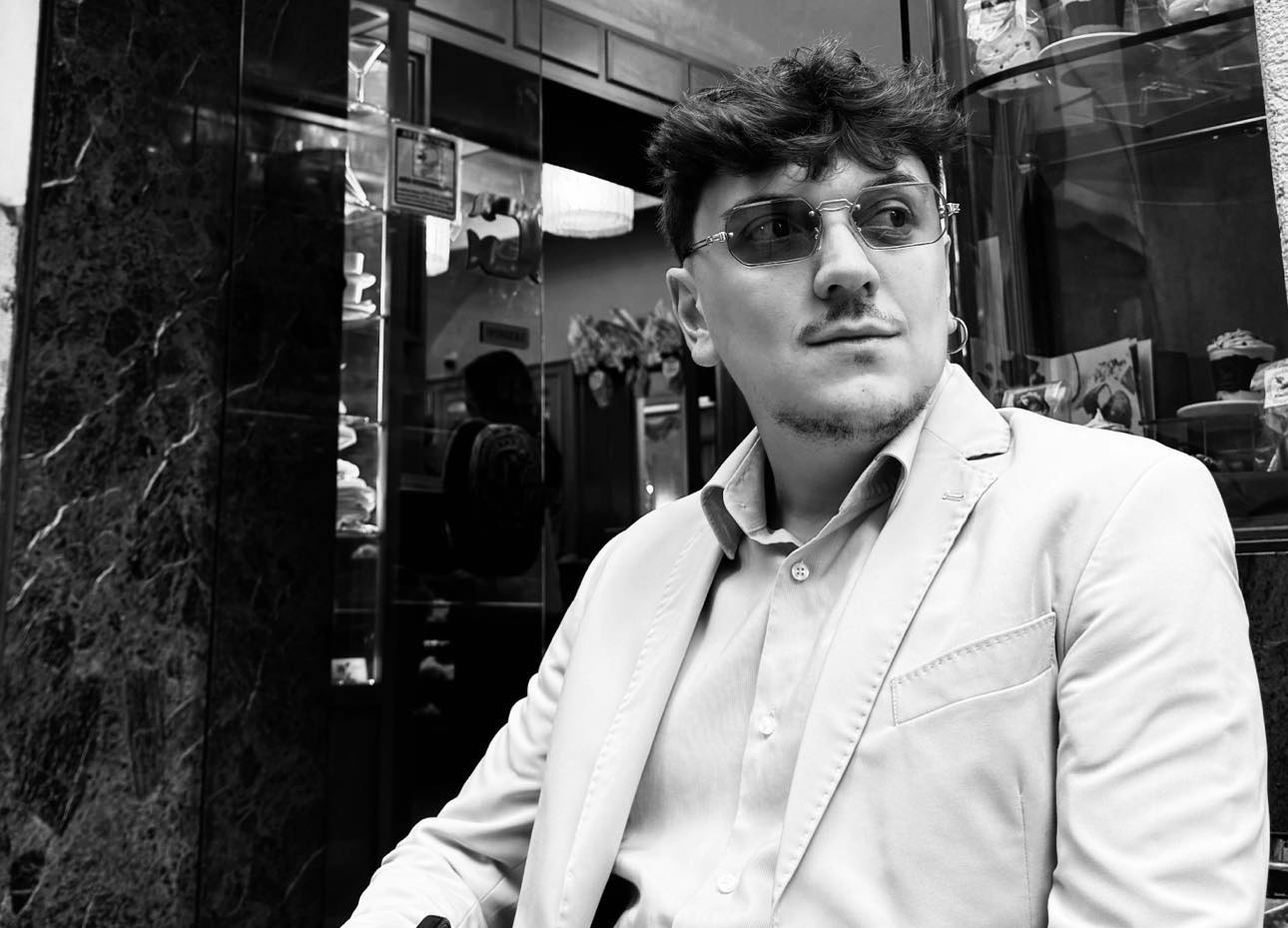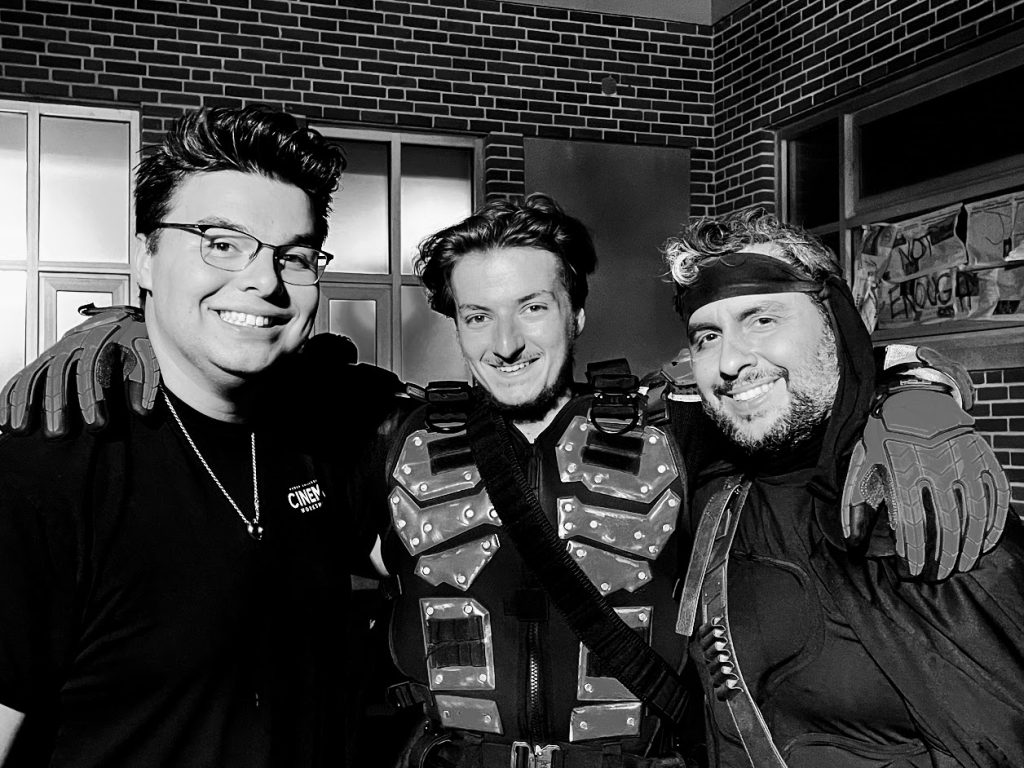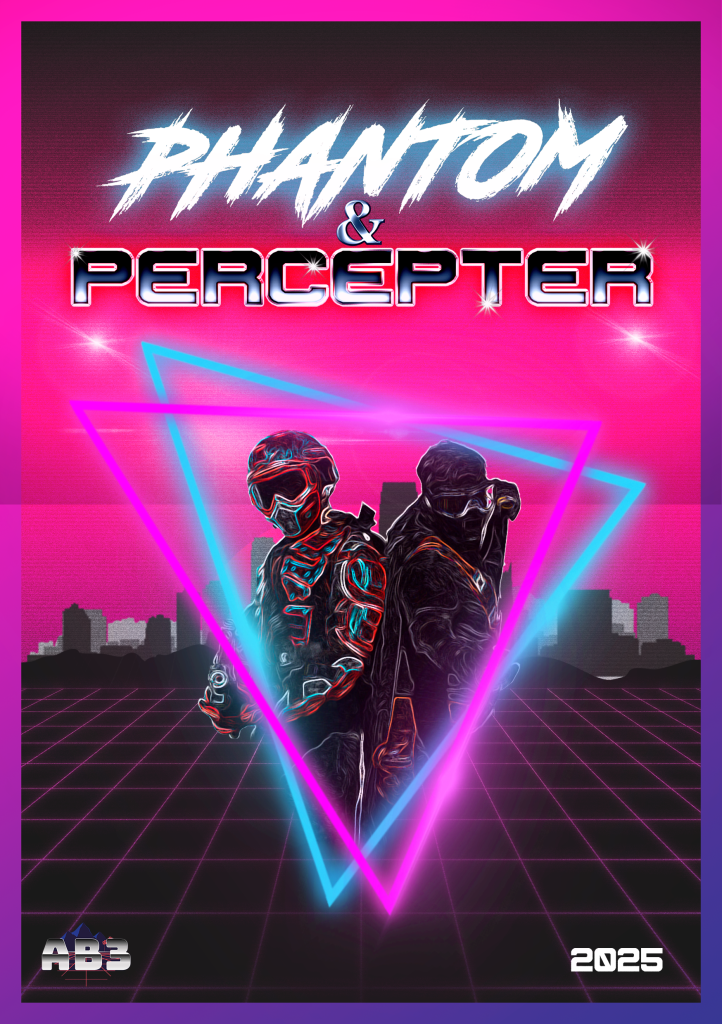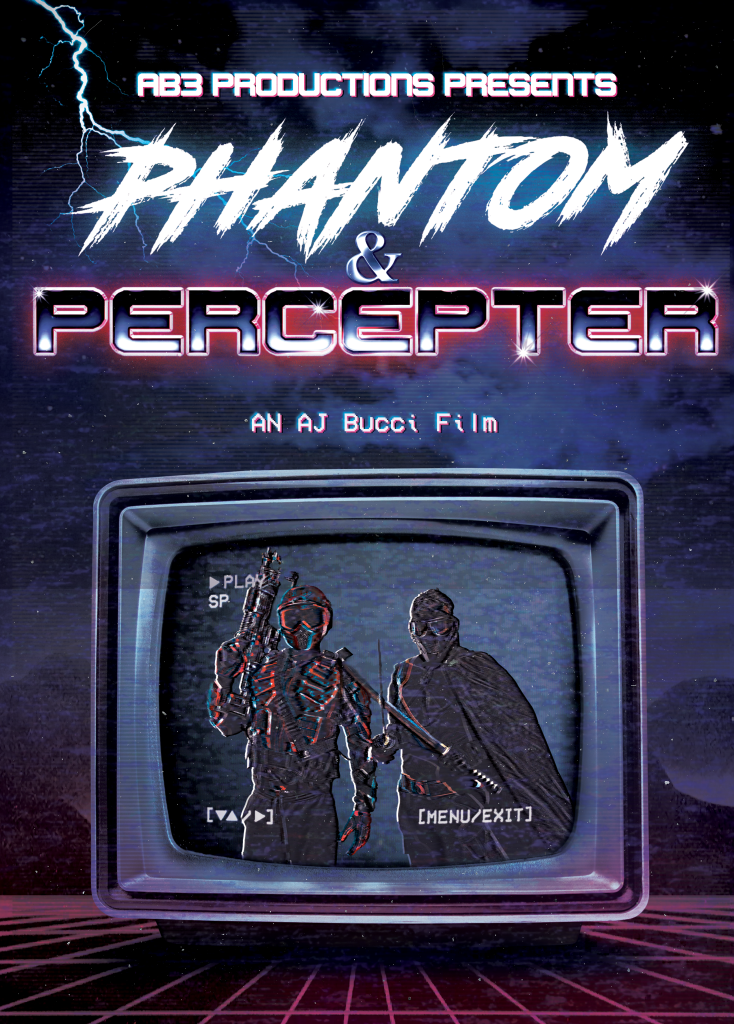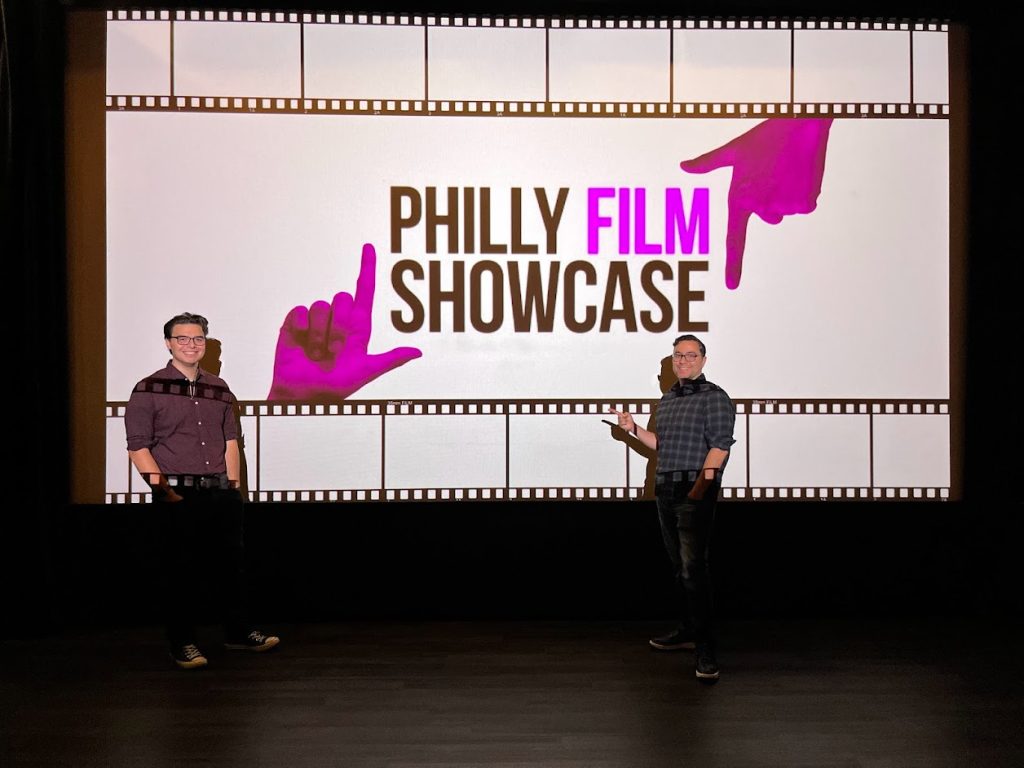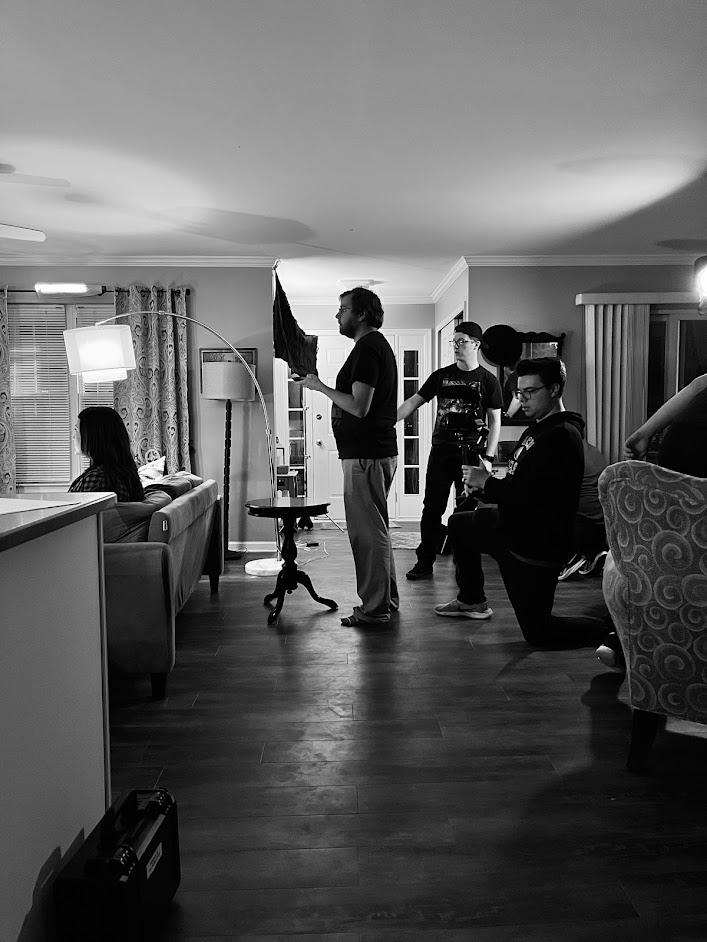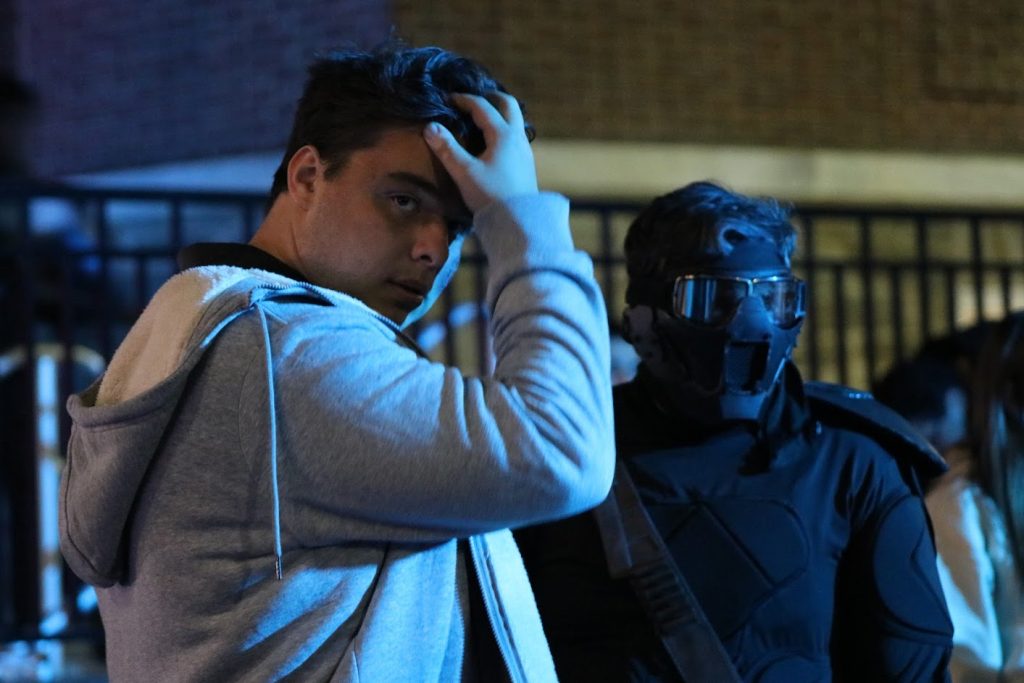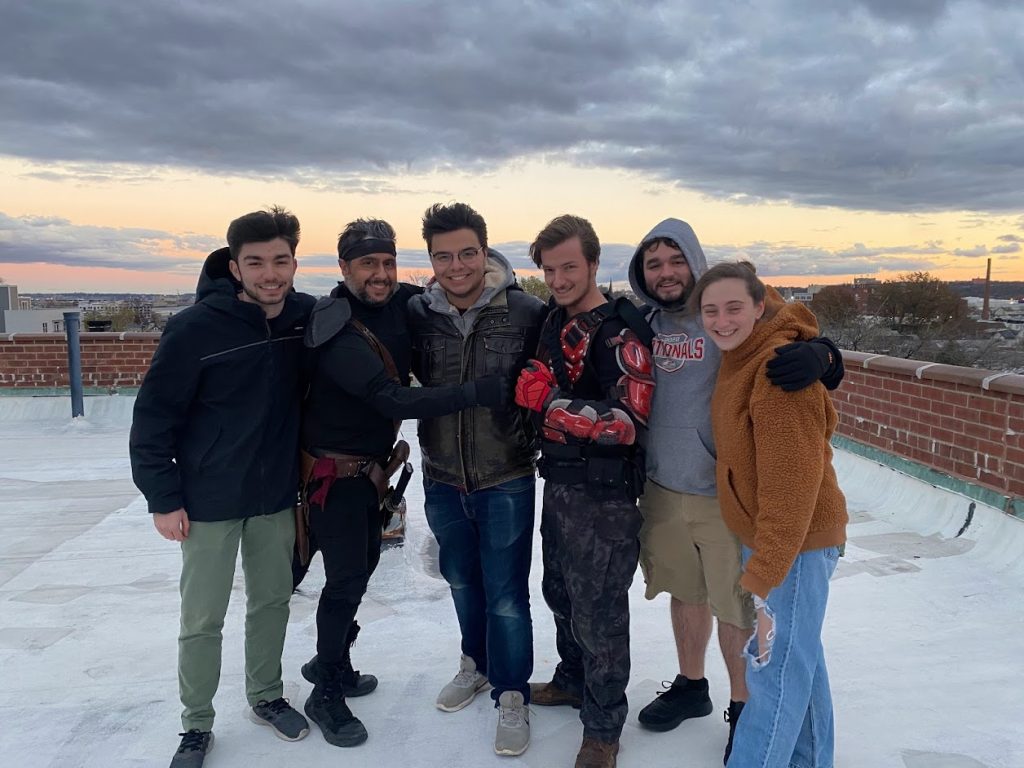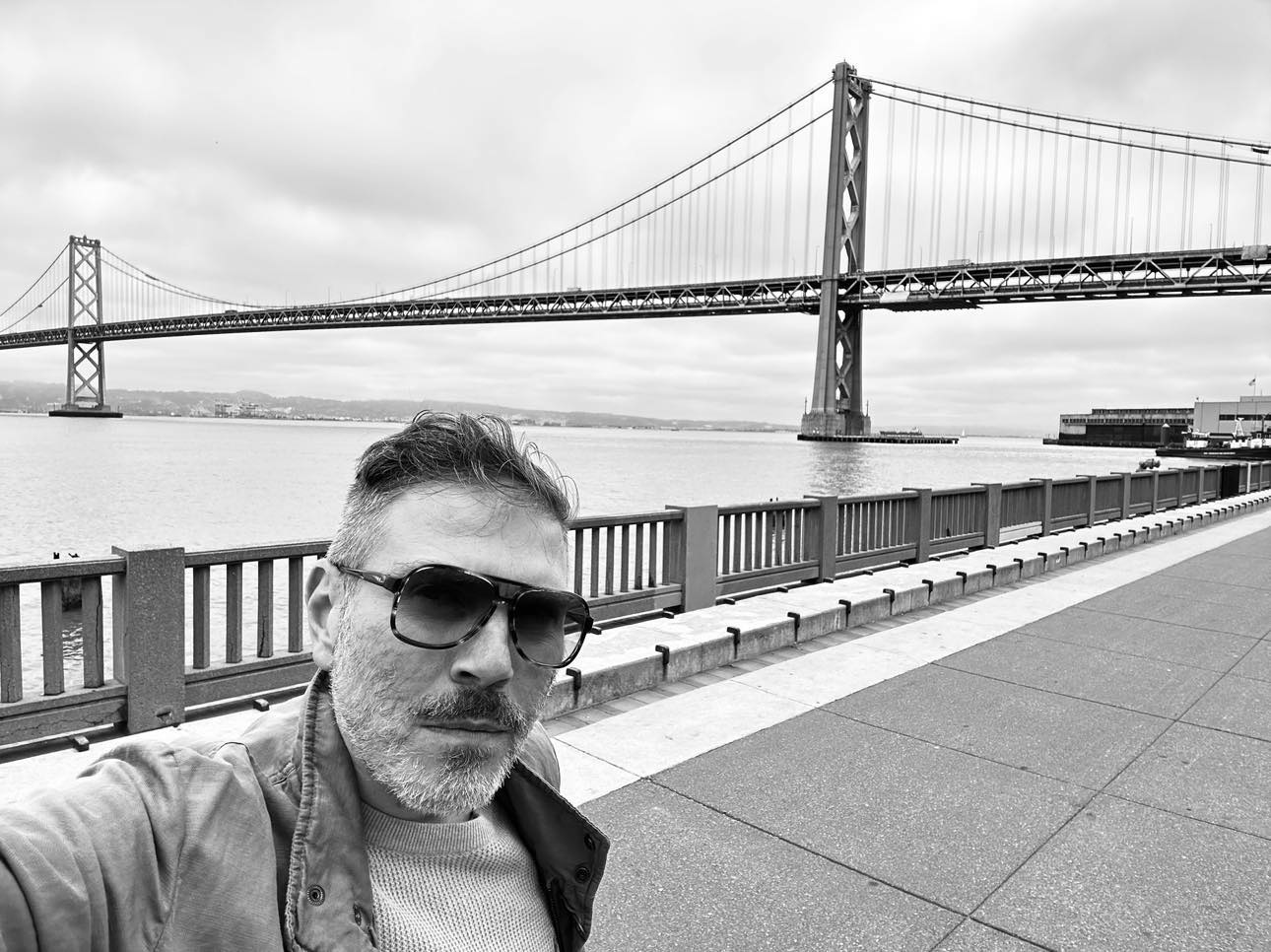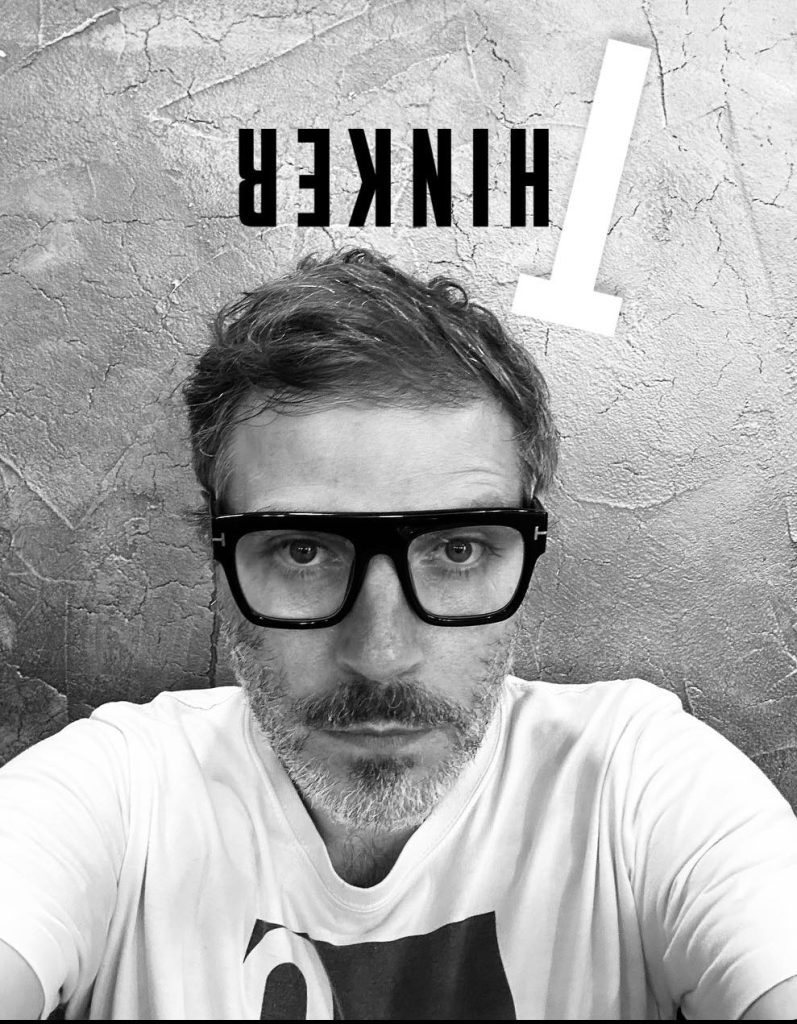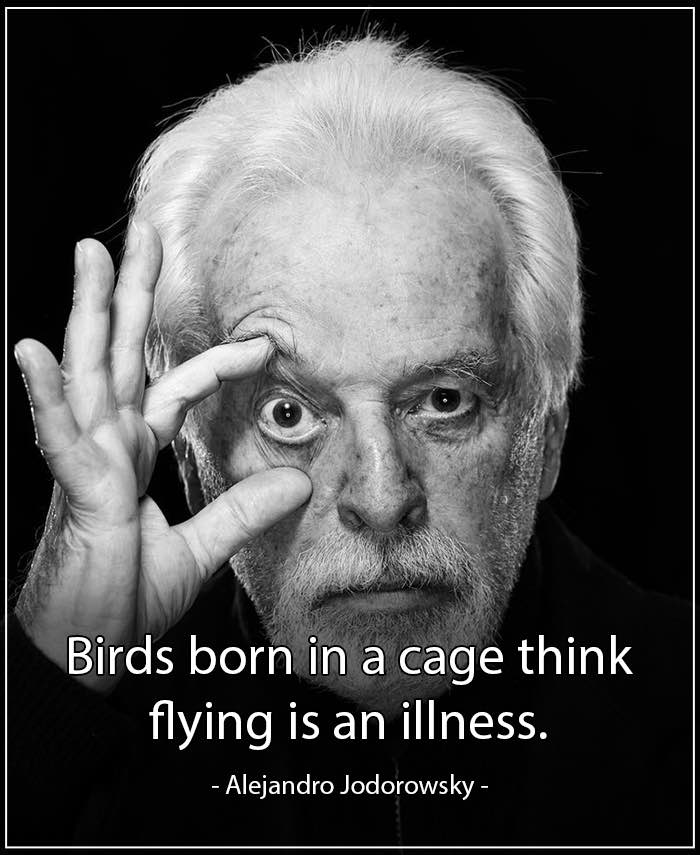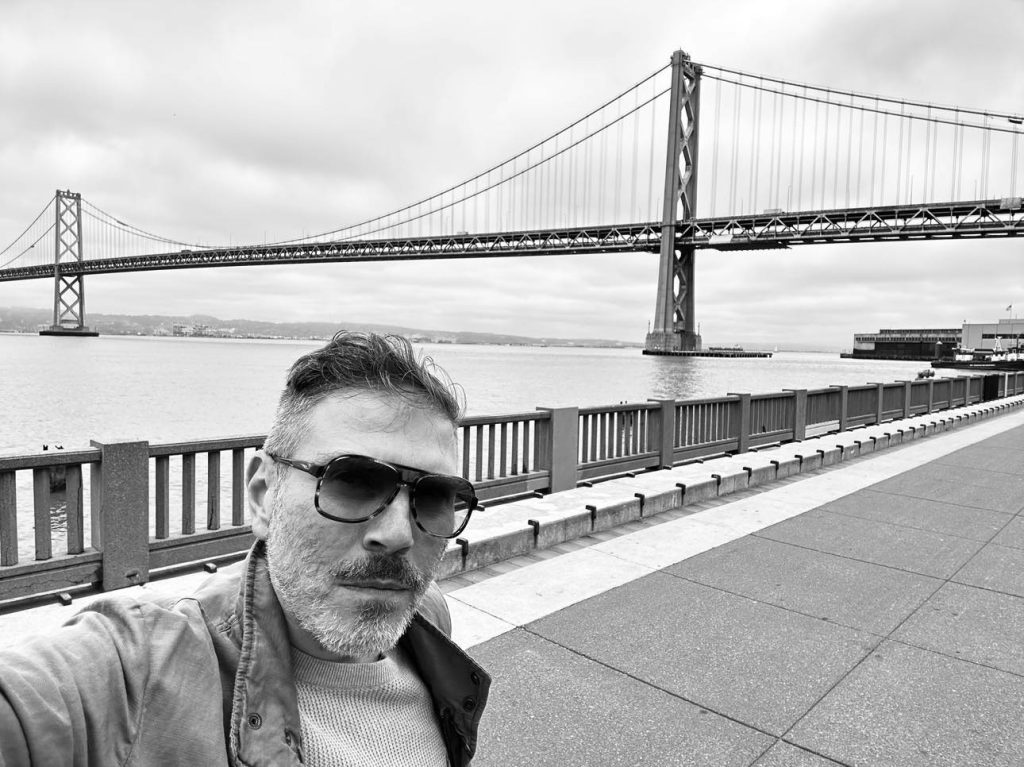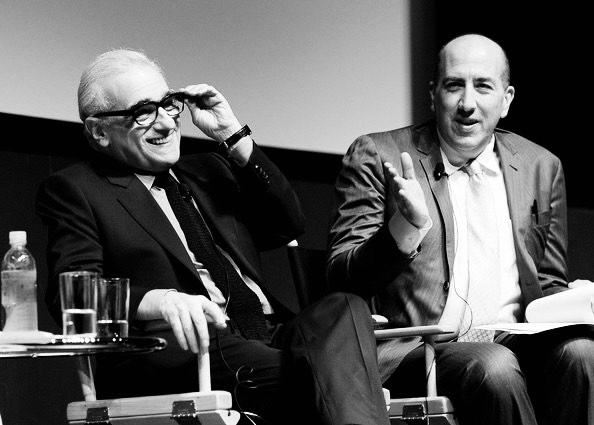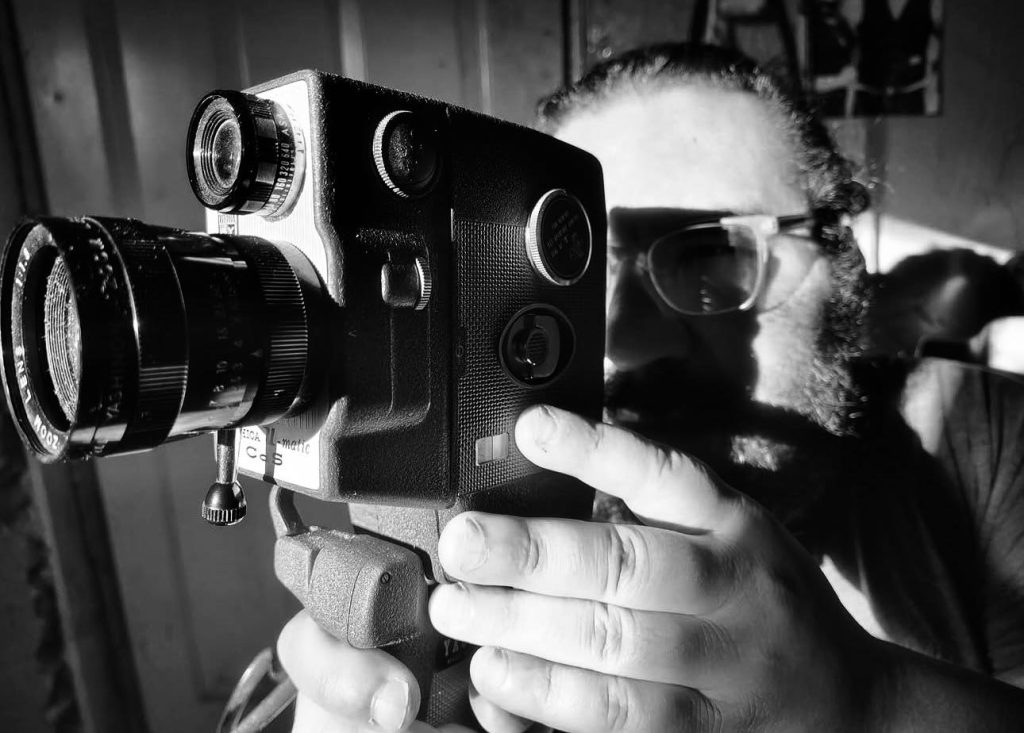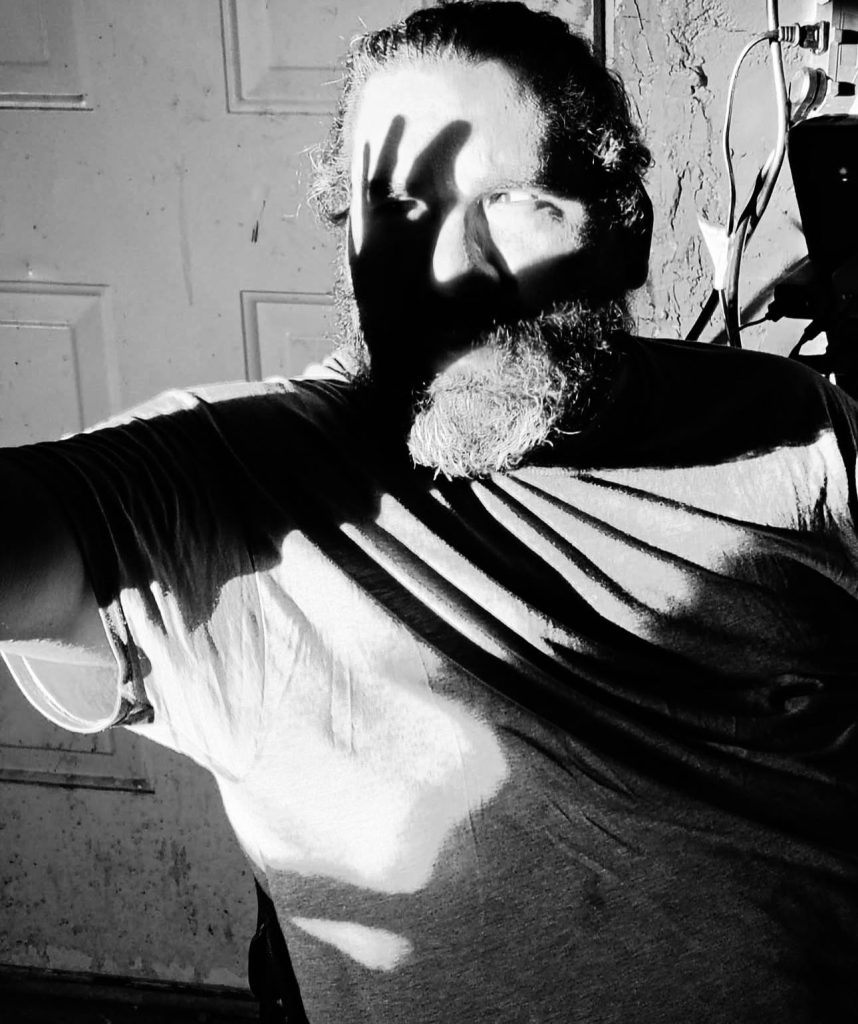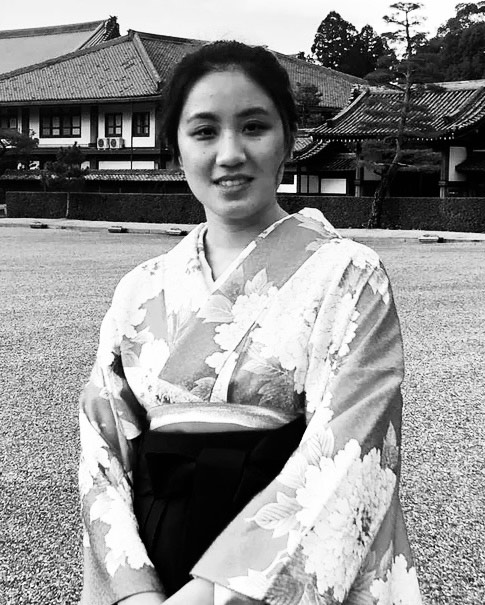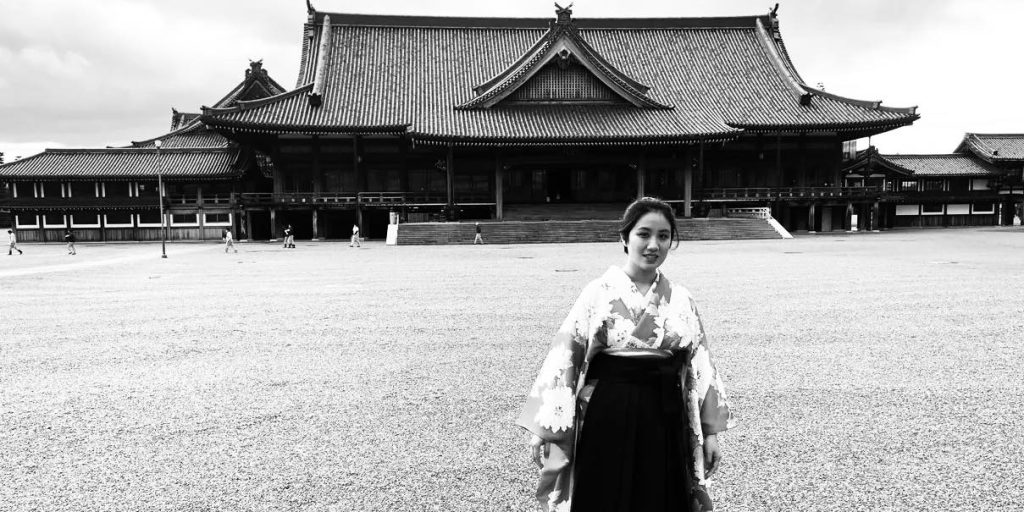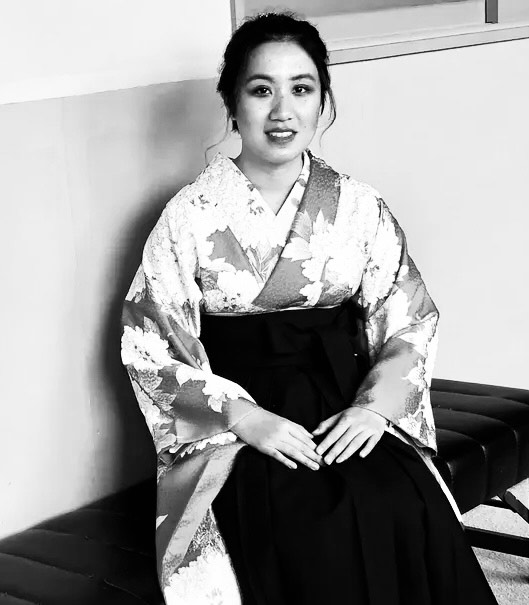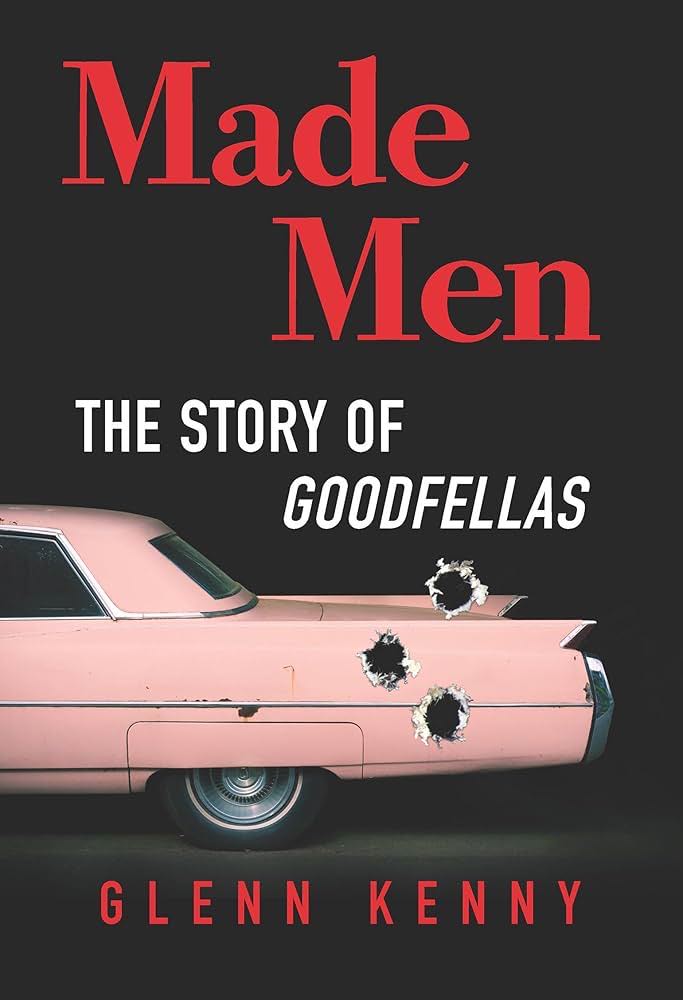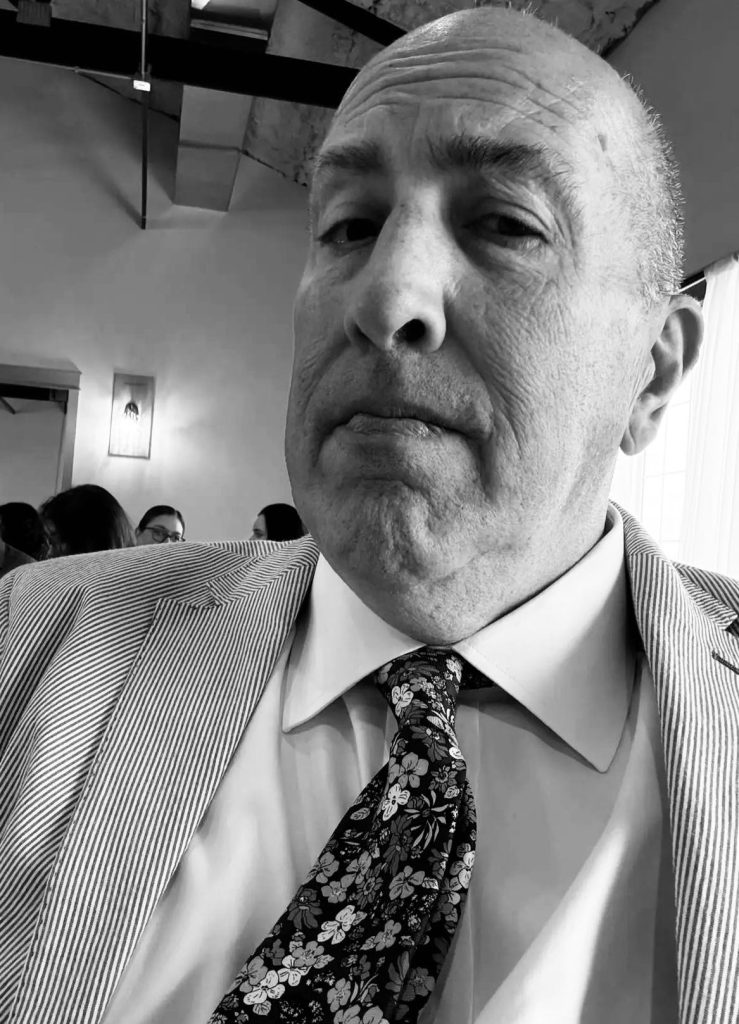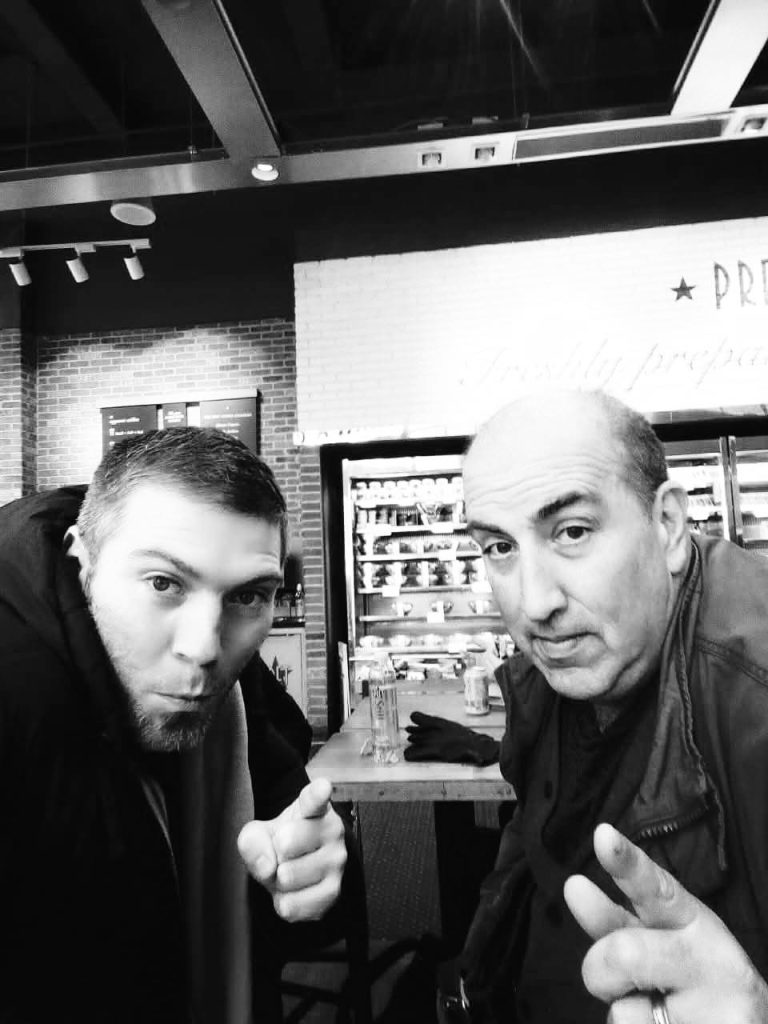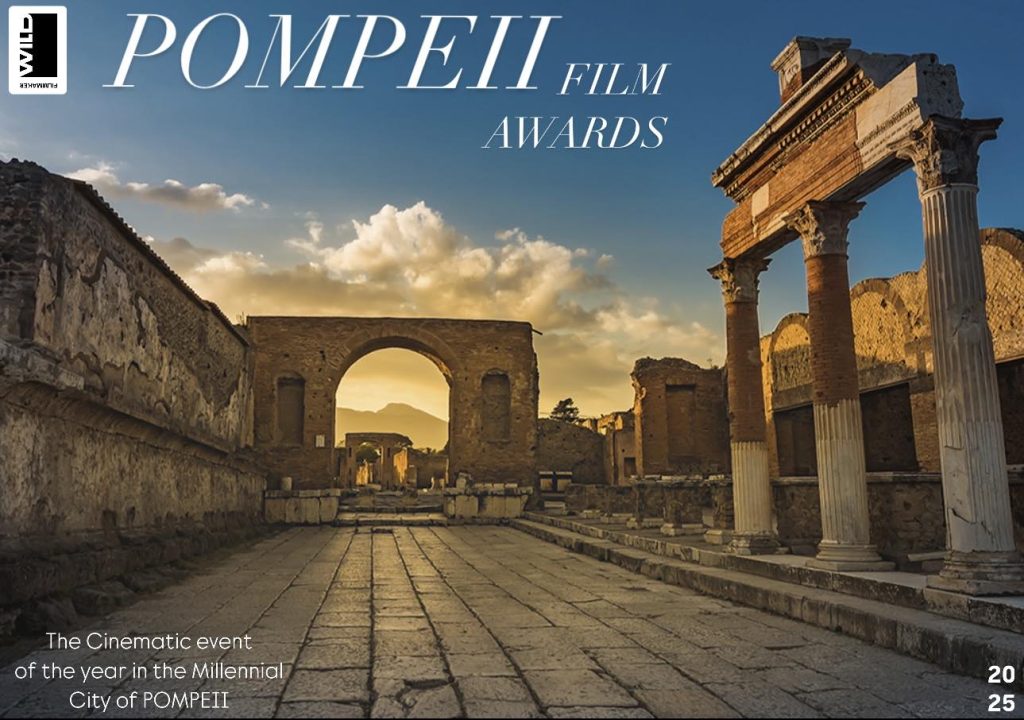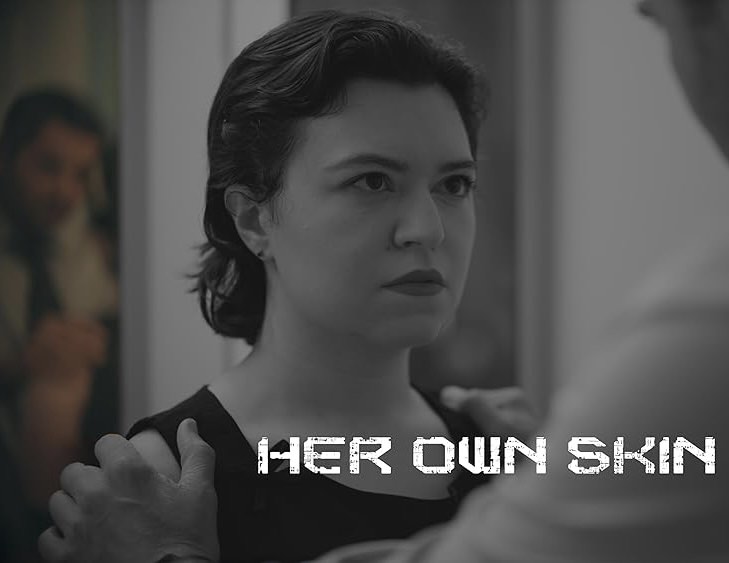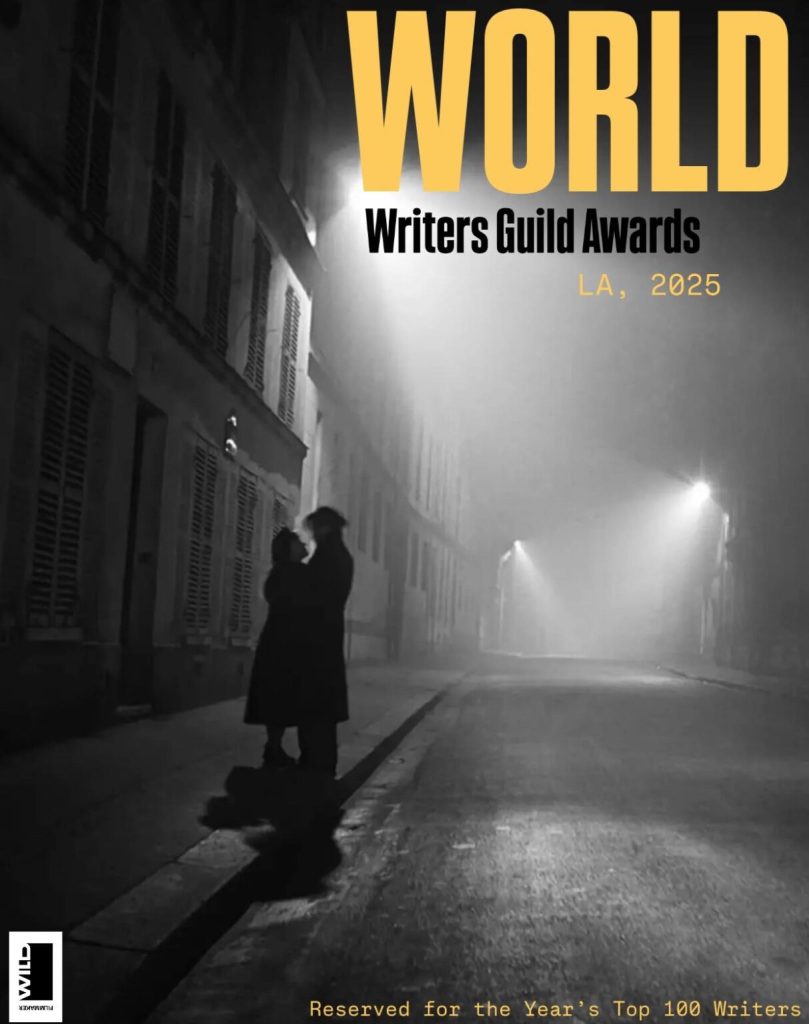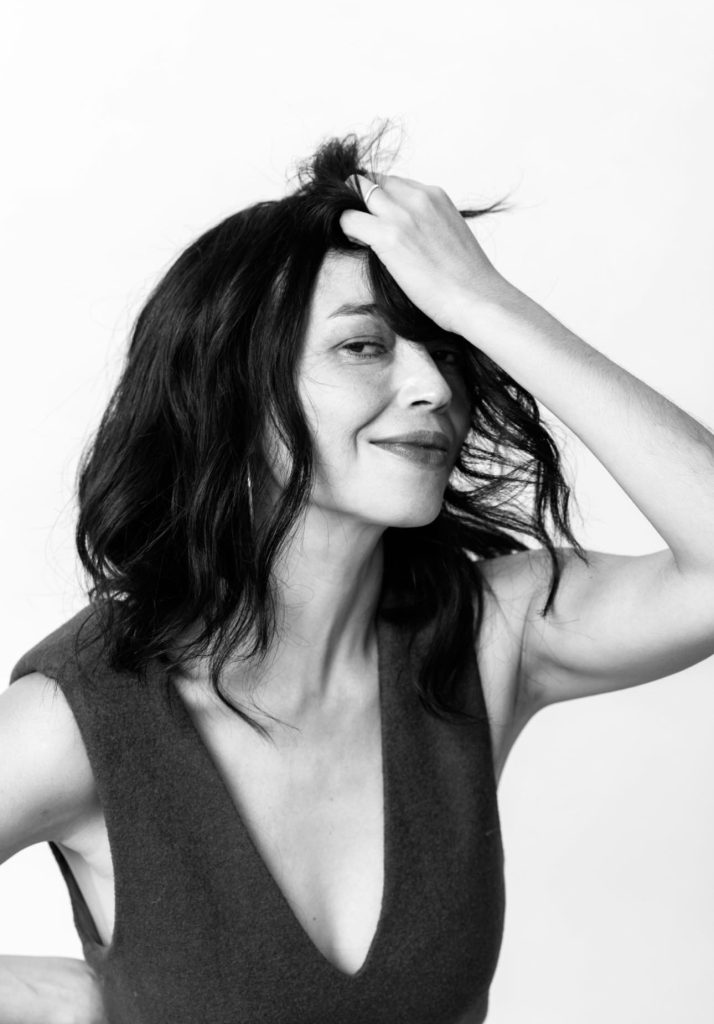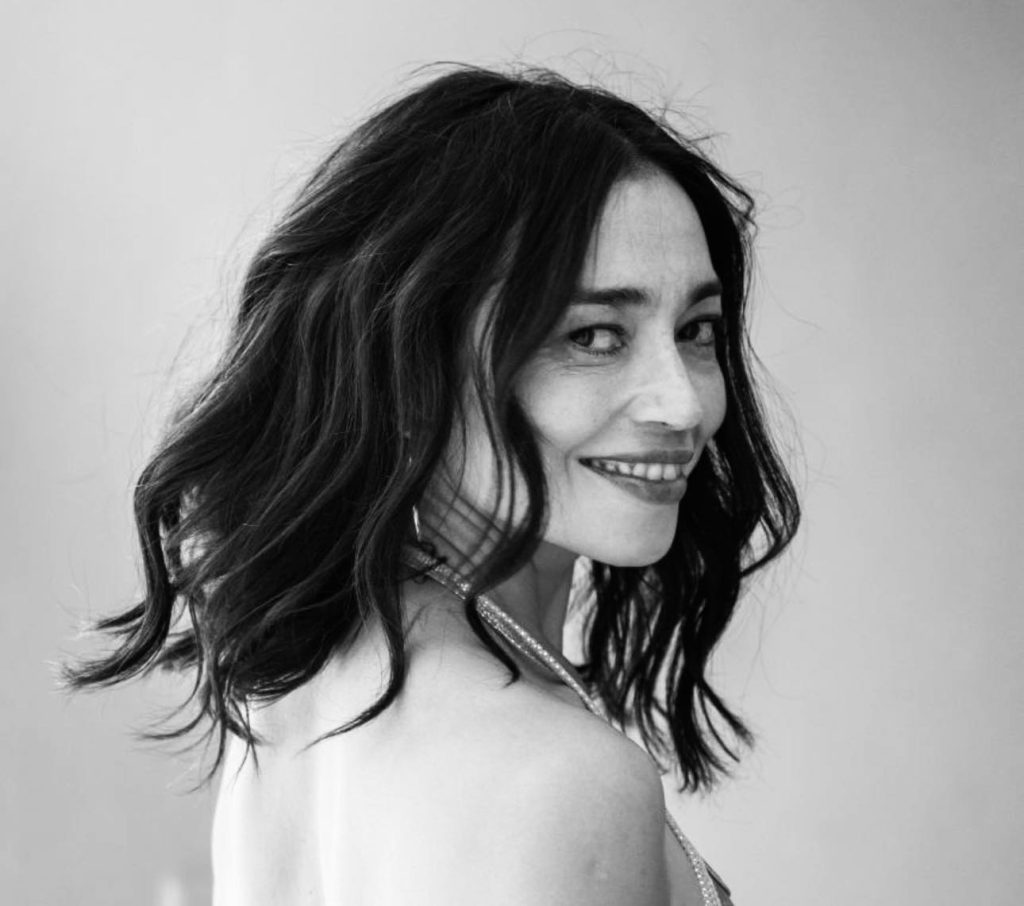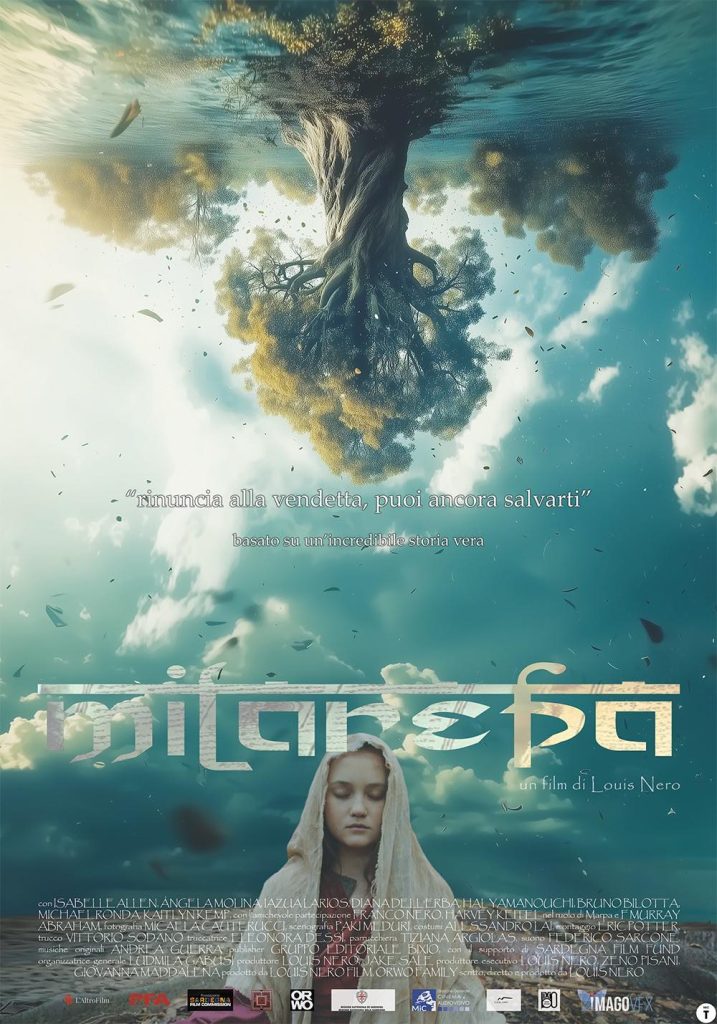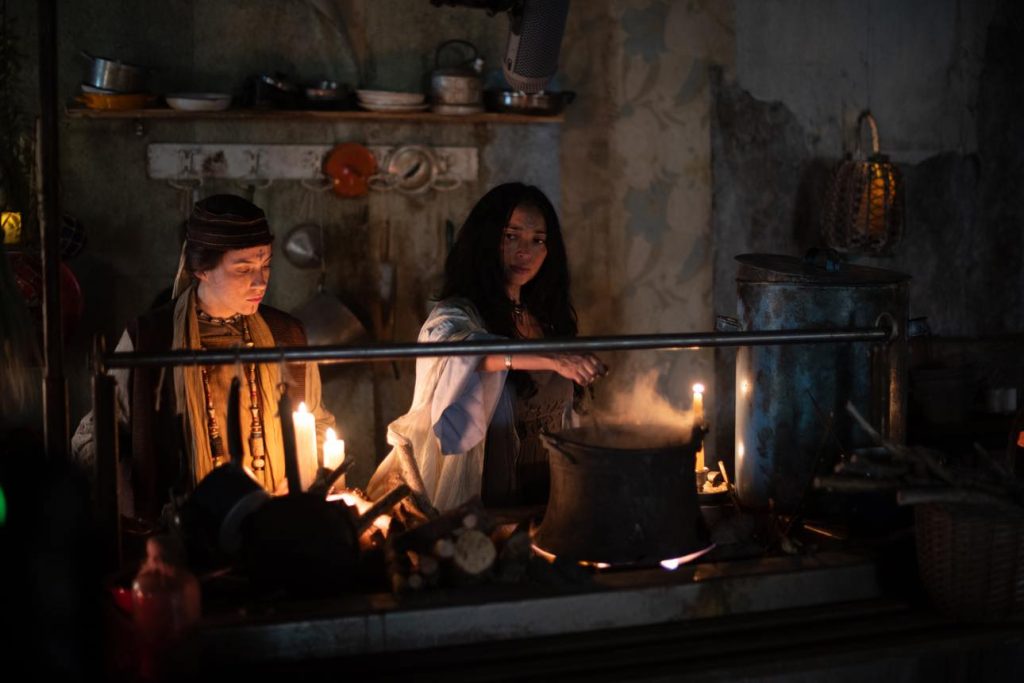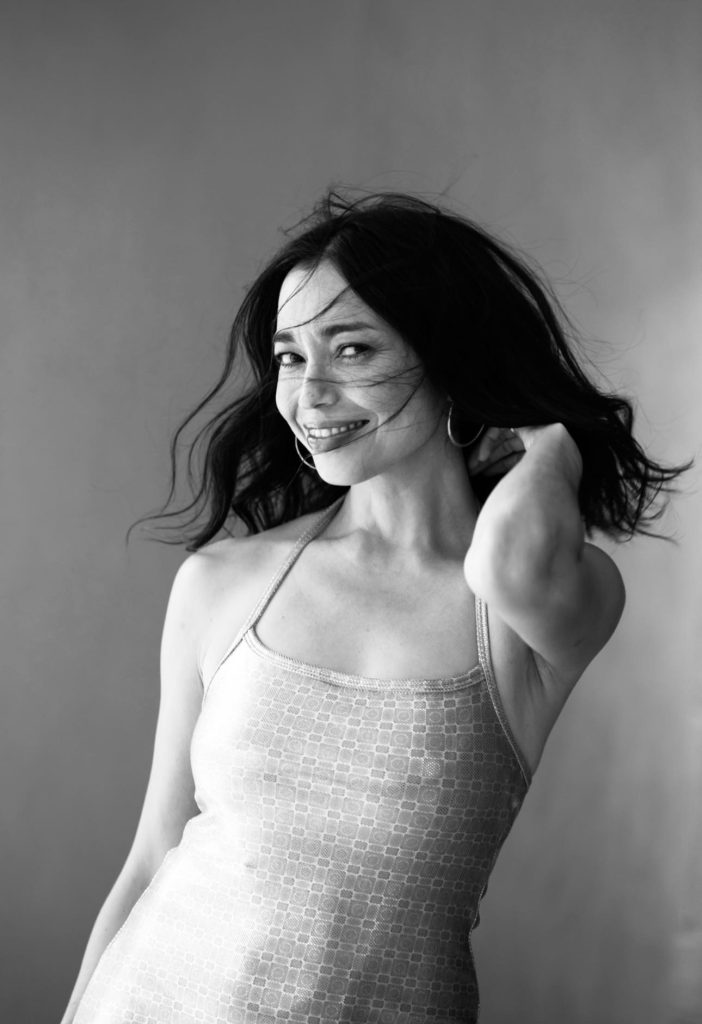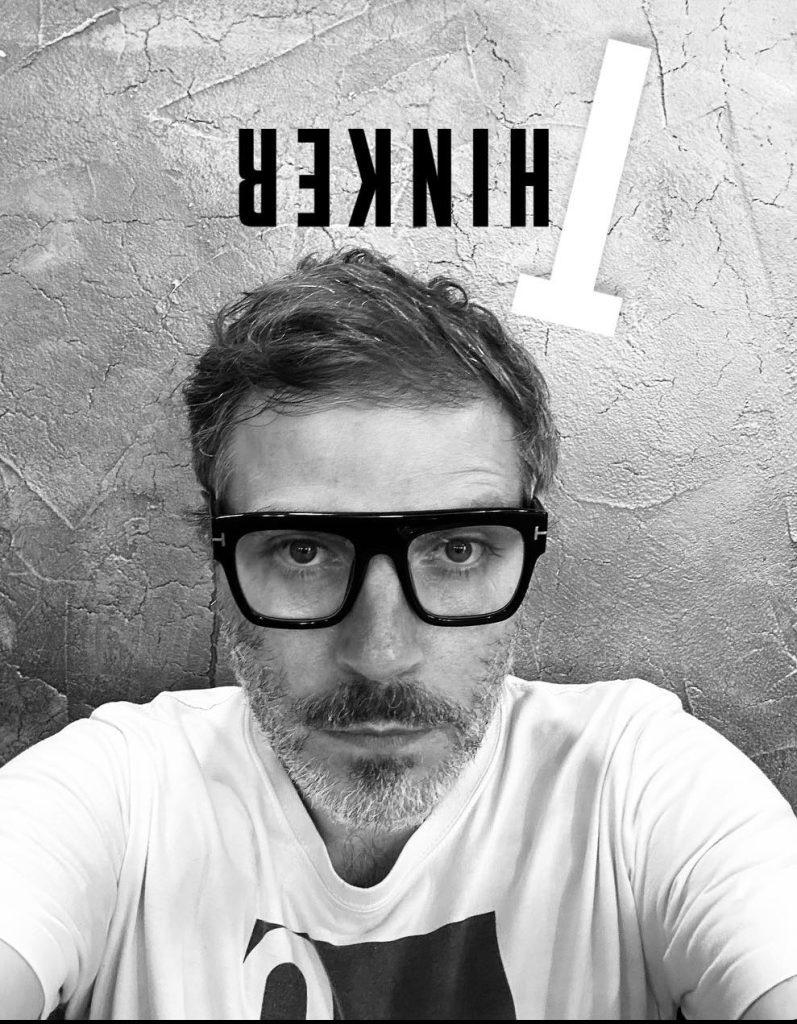
by Michele Diomà
For nearly ten years now, I have been producing my films exclusively in the United States, and I consider New York the most fitting backdrop for the stories I want to tell. I make independent films in English, with Oscar winners and major figures in cinema works intended for an international audience.
This was an artistic choice, but also born from a practical difficulty: making films in Italy. Unfortunately, for many years now, the Italian film industry has been run by a kind of “clan,” where about ten people maybe even fewer make all the important decisions. The result is that unless you become friends with those individuals who are, incidentally, paid with public funds you essentially have no right to exist.
Since I’m a free man, I chose to leave Italy. But I would love to one day help restore Italian cinema to a healthy environment where art, creativity, and pluralism can thrive. After all, we also have a responsibility Italy has produced the most original cinema in the world and is the country of Federico Fellini.
That’s why I enthusiastically welcomed ESPERIA’s proposal to Giorgia Meloni’s government to establish a parliamentary inquiry commission on Italian cinema.
Here is the exclusive interview with ESPERIA’s Editorial Director, Gino Zavalani.
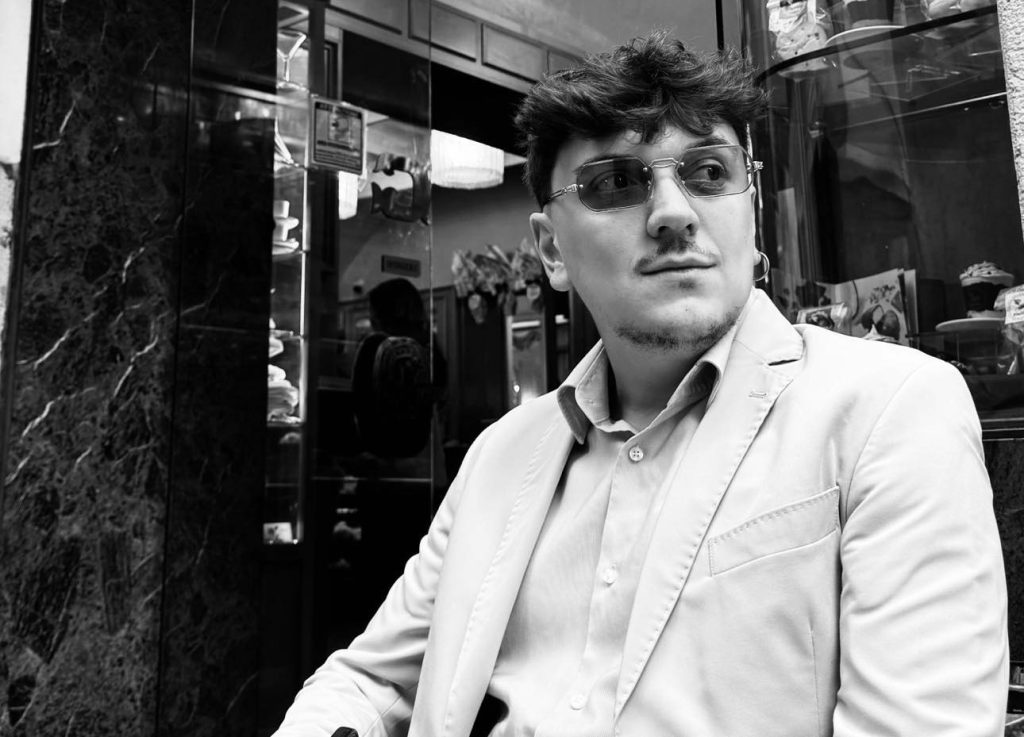
-Who is Gino Zavalani?
First and foremost, I’m a curious person someone who doesn’t settle for official versions. My compass has always been a passion for communication and information. Today, I serve as the Editorial Director of Esperia, a media project born on social media with a clear ambition: to carve out a role in the Italian news landscape by offering an alternative perspective, free from stale rhetoric and convenient dogmas.
-Tell us about your proposal to create a parliamentary inquiry into Italian cinema
Between 2017 and 2025, Italy invested €7.26 billion in the film sector. Public money taxpayers’ money was too often used to finance films with little success, questionable artistic value, and worse still, to feed the same narrow radical-chic circuit. The scandal that recently came to light is even more serious: hundreds of millions of euros were funneled into projects for films that never even existed created solely to cash in on film tax credits. It’s fraud at the expense of the Italian people.
The most outrageous case is that of Francis Kaufmann, known to the public for the double homicide at Villa Pamphili, who in 2020 under the alias Rexal Ford, a self-proclaimed American director received one million euros for a phantom film.
For these reasons, Esperia has strongly called for the establishment of a parliamentary commission of inquiry. We want to know where that money went, who profited, who turned a blind eye and, above all, who will pay it back. Italy deserves a vibrant, honest film industry freed from the parasites that have drained it for decades.

-Why are the same people always rewarded in Italian cinema?
Because there’s a System behind it with a capital “S.” A mechanism that took root at least twenty years ago, one that anyone living in Italy knows all too well: a closed circle the so-called “radical-chic clique” made up of actors, directors, and producers from a self-proclaimed leftist elite, protected for years by politics and the mainstream press. It’s not an ecosystem based on merit or talent, but on friendships and favoritism.
The result? Truly talented young people flee abroad to pursue their careers, while here in Italy it’s always the same names getting the work and the awards regardless of box office performance or artistic quality. It’s a system that impoverishes Italian cinema while enriching the usual few.
-Does the media bear any responsibility?
Absolutely. The media, along with politics, has always been the main safety net for this system. For years, it remained silent or downplayed the issues but now something is beginning to shift. Prime Minister Giorgia Meloni has broken a taboo by publicly denouncing this waste. Even internationally renowned actors like Michele Morrone have had the courage to speak out against this untouchable clique.
And then there’s us Esperia: a free voice, followed by millions, exposing scandals and telling uncomfortable truths that, until recently, no one dared to address.
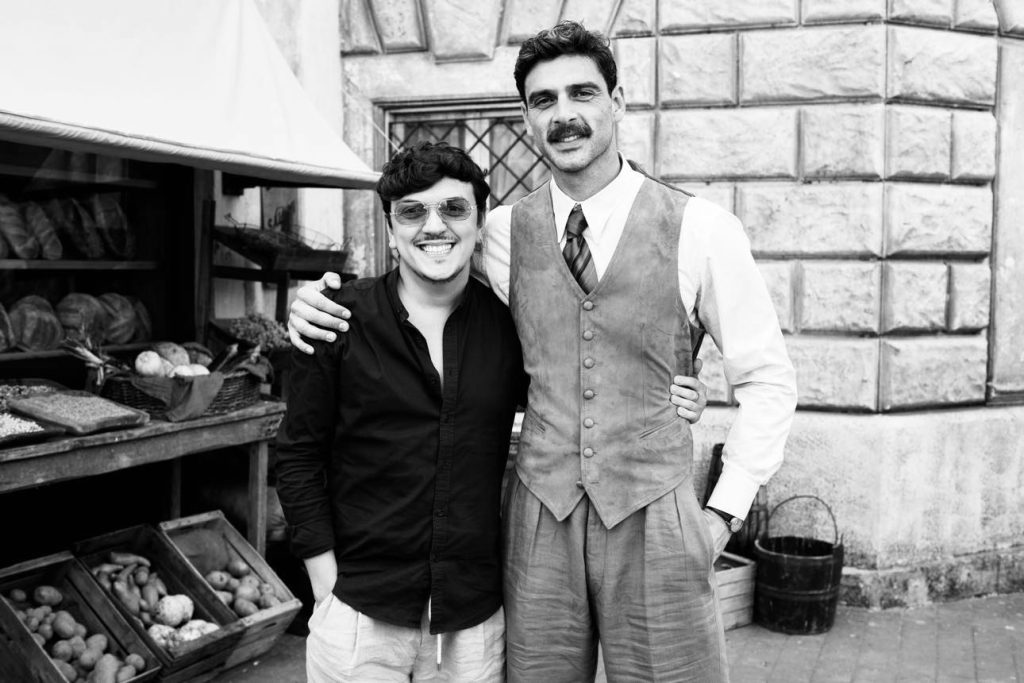
(ACTOR MICHELE MORRONE WITH ESPERIA’S EDITOR-IN-CHIEF GINO ZAVALANI)
–What’s your opinion on the work done by WILD FILMMAKER?
I think WILD FILMMAKER is a bold and necessary project. In an era when the cultural industry tends to close in on itself, this magazine opens up space: it gives a voice to those creating outside the mainstream, to those who have no powerful backers but do have something to say.It’s exactly what the world of cinema and not just cinema needs right now: freedom, openness, passion. Telling art as it is, without filters, without censorship, without allegiance. In that sense, WILD FILMMAKER and Esperia share the same mission: breaking down barriers and letting fresh air in.
